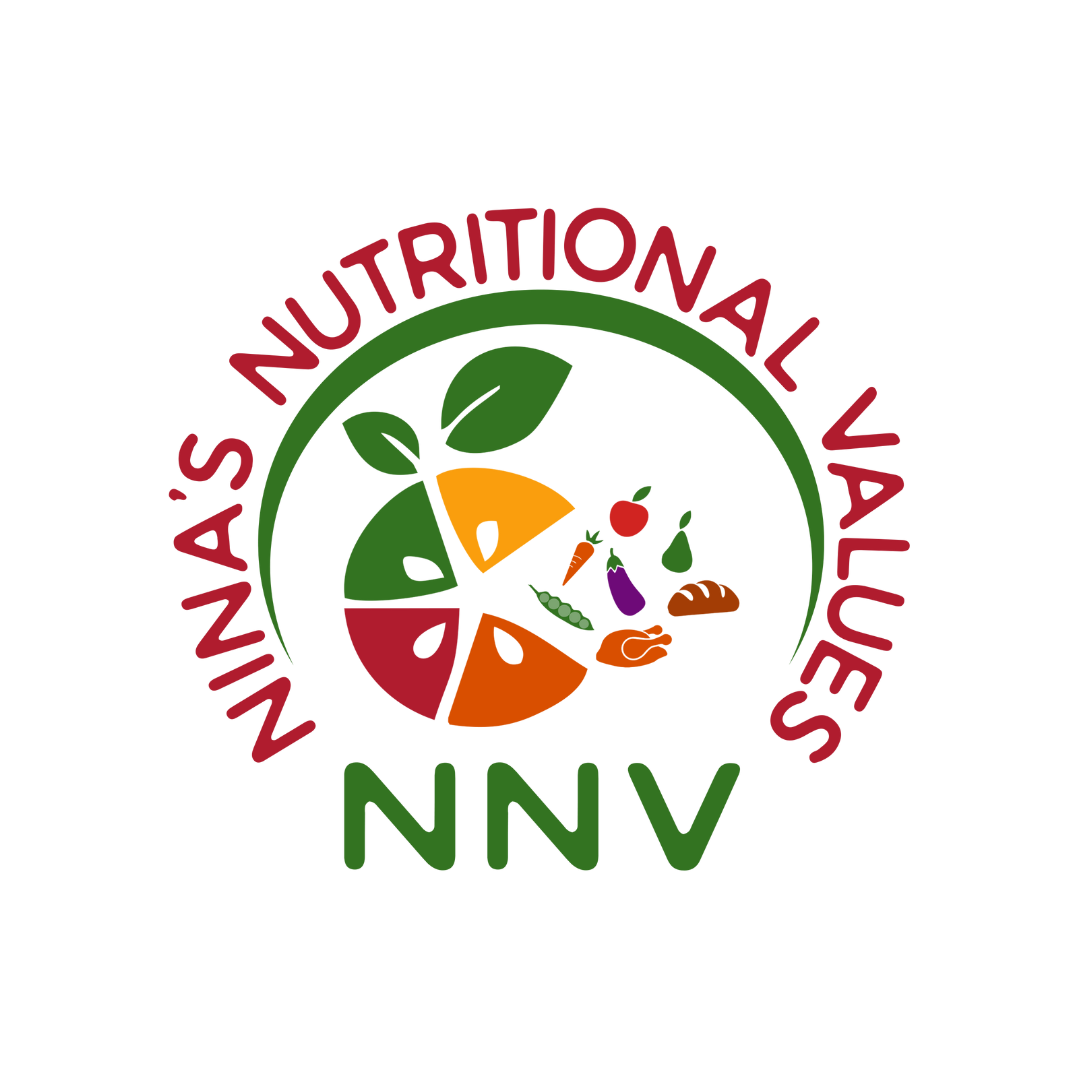Foods That Fuel vs. Foods That Fatigue
If you’re low on energy, consider if your meals include foods that fuel your body or foods that leave you feeling drained. Eating a balanced diet isn’t just for weight loss, but for energy and whole-body health. Nutrition is always important, but you’ll feel the negative impact of food choices more as you enter perimenopause.
Foods That Leave You Feeling Drained
Sugar and processed foods taste great and may provide a temporary energy boost, but they’re a top cause of fatigue. When you eat matters too. If you feel energized in the morning but are prone to an afternoon slump, these tips will help. Keep the foods below to a minimum, consuming them only as planned indulgences.
Refined Carbohydrates
White bread, white rice, standard pasta, white flour, and refined cereals are digested just like sugar. This is because the grain is processed to remove the fiber and nutrients. It’s never been easier to find whole-grain alternatives to refined carbohydrates. Even if you aren’t allergic to gluten, most gluten-free pasta, chips, and gluten alternatives are healthier options. However, gluten-free can be high in salt and sugar, so read the label.
White and Brown Sugar
The glucose in sugar is your cell’s primary energy source. When you eat more sugar than your cells need or too much at once, the excess spikes your blood sugar. This is the top cause of weight gain for most.
It’s a misconception that brown sugar is “healthier” than white sugar. However, you can turn to allulose and monk fruit sugar to cook, bake, and sweeten coffee and tea without spiking your blood sugar. Unlike other sugar alternatives, allulose sugar and monk fruit are natural.
Processed foods
Processed foods are low in protein, fiber, and nutrients and high in fat, calories, carbs, and sugar. This includes fried foods, greasy foods, processed meat, most candy and prepackaged snacks, and foods with dyes, flavoring, preservatives, and other synthetic ingredients.
If you feel hungry and sluggish an hour or two after eating fast food, you consumed “empty” calories with little to no nutritional value. Greasy foods also take longer to digest, which contributes to your fatigue.
Foods That Fuel Your Body
We all know that we should eat a “balanced diet” and consume at least 5 servings of fruits and vegetables per day, but let’s dive in a bit deeper. Below are foods you should build your meals and snacks around.
Nuts and Seeds
Nuts and seeds are an excellent source of antioxidants, minerals, and amino acids. Amino acids are the building blocks of protein. The serving size for most nuts and seeds is a tablespoon or two. You might be missing out on the full spectrum of amino acids, minerals, and omega fatty acids your body requires if you don’t eat enough nuts and seeds. You can sprinkle nuts and seeds in or on yogurt, salads, cereal, soup, and grains or blend in to smoothies.
Complex Carbohydrates
Instant white rice and other simple carbohydrates are fast and easy, but they’re highly processed fillers, not foods that fuel. Simple carbohydrates contain less fiber and nutrients, and your body digests them quickly which spikes your blood sugar.
Simplify cooking grains by investing in a rice cooker. Precook your grains for the next few days, cook in low-sodium broth for added flavor, and mix grains for flavor and texture. Also, add fresh or dried herbs and spices and nuts and seeds.
Legumes
Beans and lentils are excellent sources of fiber, protein, and antioxidants. Skip cooking by buying canned beans. If you won’t eat the full can within 3 days, eat half and freeze the rest. Sprinkle on top of salads, add to mixed grains, and add to soup. Also, explore your options in healthy bean dips and spreads.
Vegetables
Plan your produce consumption with nutrient diversity in mind. This will feed and fuel your microbiome. Different veggies contain different prebiotics and probiotics that grow, feed, and balance gut bacteria. They also contain different vitamins and minerals that your body needs.
Fruits
Aim to enjoy a variety of fruits each day to support overall nutrition and gut health. While fruits are naturally rich in vitamins, minerals, antioxidants, and fiber, it’s still important to be mindful of portion sizes — especially if you're monitoring blood sugar. Most adults benefit from about 1.5 to 2 cups of fruit per day as part of a balanced diet.
When it comes to fruit juice, choose wisely. Even 100% fruit juice can be high in natural sugars and lacks the fiber found in whole fruits. For example, 8 ounces of orange juice contains around 21 grams of natural sugar. Whenever possible, opt for whole or sliced fruit instead of juice, and limit juice to no more than 4 ounces a day, especially if you’re watching your sugar intake.
Herbs and Spices
Herbs and spices add flavor to your meals and infuse more antioxidants into your diet. This includes drinking hot and iced herbal teas. Drink tea for hydration, flavor, and intention. Cold mint tea is cooling, chamomile tea is calming, and green tea is a popular coffee alternative. Just don’t consume caffeine too late in the day.
Choosing Foods That Fuel Your Body
In addition to the tips above, what your body needs is unique to you and your current season of life. As a dietitian, I can determine the best combination of foods to fuel your body.
Reach out to discuss personalized nutrition counseling and a tailored monthly meal plan designed to boost your energy, support your health goals, and optimize whole-body wellness.

